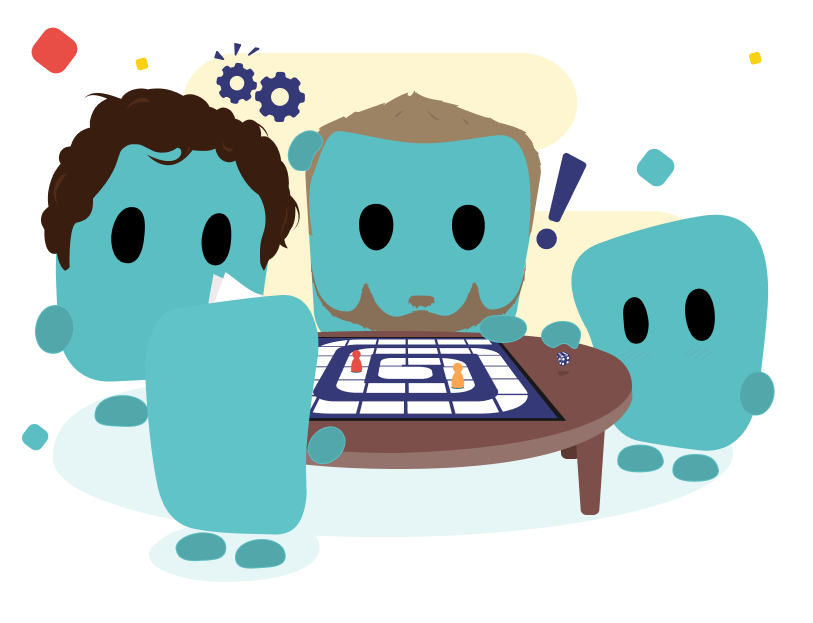- Project
- Completed
Making society: Analysis of board game practices in sociocultural animation and training

Bruno Dupont Researcher in Game Sciences and Information and Communication Sciences
Bruno Dupont is a researcher in game sciences at the Haute Ecole de la Ville de Liège. His PhD thesis focused on the representation of the computer in current German literature. He was therefore interested in video games and their presence in written works.
-
Project start date :
2021/10/04 -
Status :
Completed -
Research organization :
Haute Ecole de la Ville de Liège -
Team :
Dr Jean-Emmanuel Barbier, Dr Vi Tacq (Haute Ecole Bruxelles-Brabant), Dr Alexis Messina, Dr Vincent La Paglia, Elsa Sarlet, Dr Jérôme Foguenne (Haute Ecole de la Ville de Liège)
Bruno Dupont’s project was selected in 2021 to study the use and practices of board games in socio-cultural animation and training contexts across the French-speaking community of Belgium, where political decisions concerning youth and culture are implemented.
Project overview
Board games are generally considered to be vectors of learning and socialization. Because of this, they are often used in education, socio-cultural activities and the professional environment. However, analysis of these practices remains weak in the literature. Therefore, the objective of this exploratory research project is to broaden knowledge of the use of board games in the socio-cultural sector. It seeks to define why, how and for what purposes professionals use board games. It also seeks to define a type of gaming practice for animation and training with actors in the field.

Methodology
Semi-structured interviews are conducted with youth workers located in French-speaking areas in Belgium. People are asked about their daily work, the goals of their organizations, their use of board games in the professional context and the effects these can observe on their audience. When possible, photos of the workplace and board game storage locations are taken.
Outcomes
The specific reasons mentioned for using board games in the socio-cultural sector are to create and strengthen social ties, and develop empathy toward experiences that are different from those usually lived. The role of games in building society is considered a prerequisite for acquiring various skills.